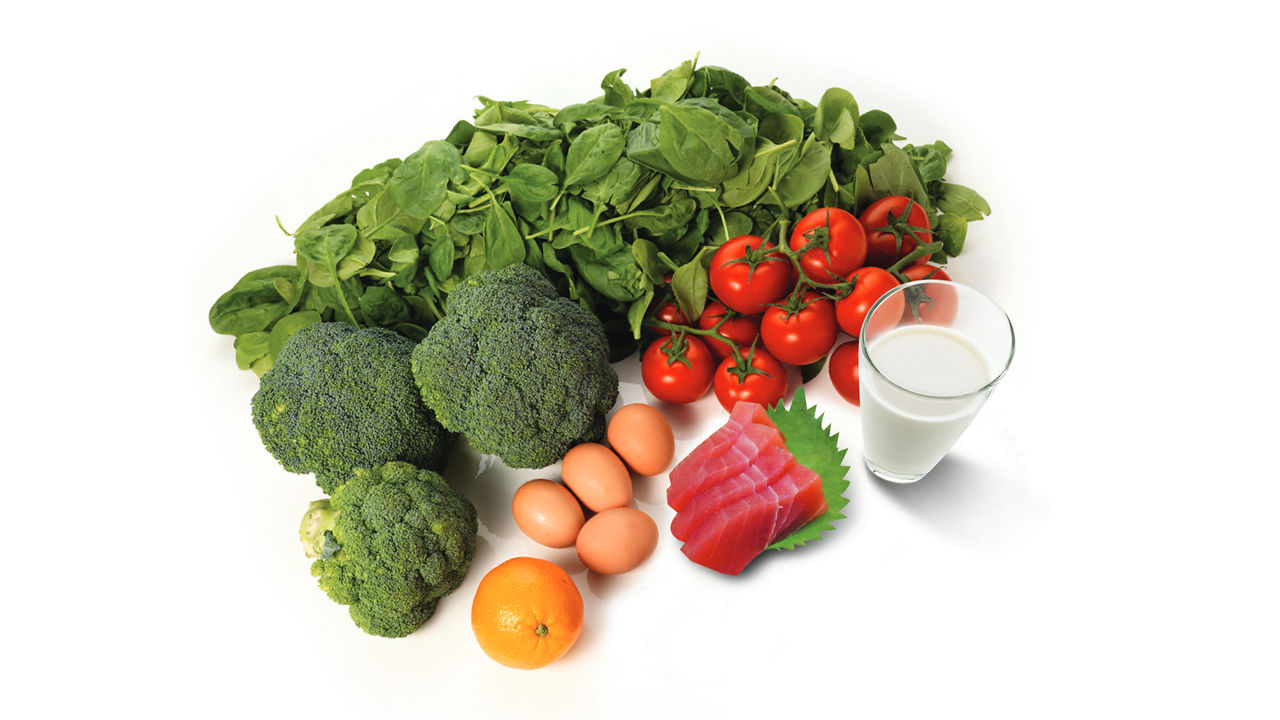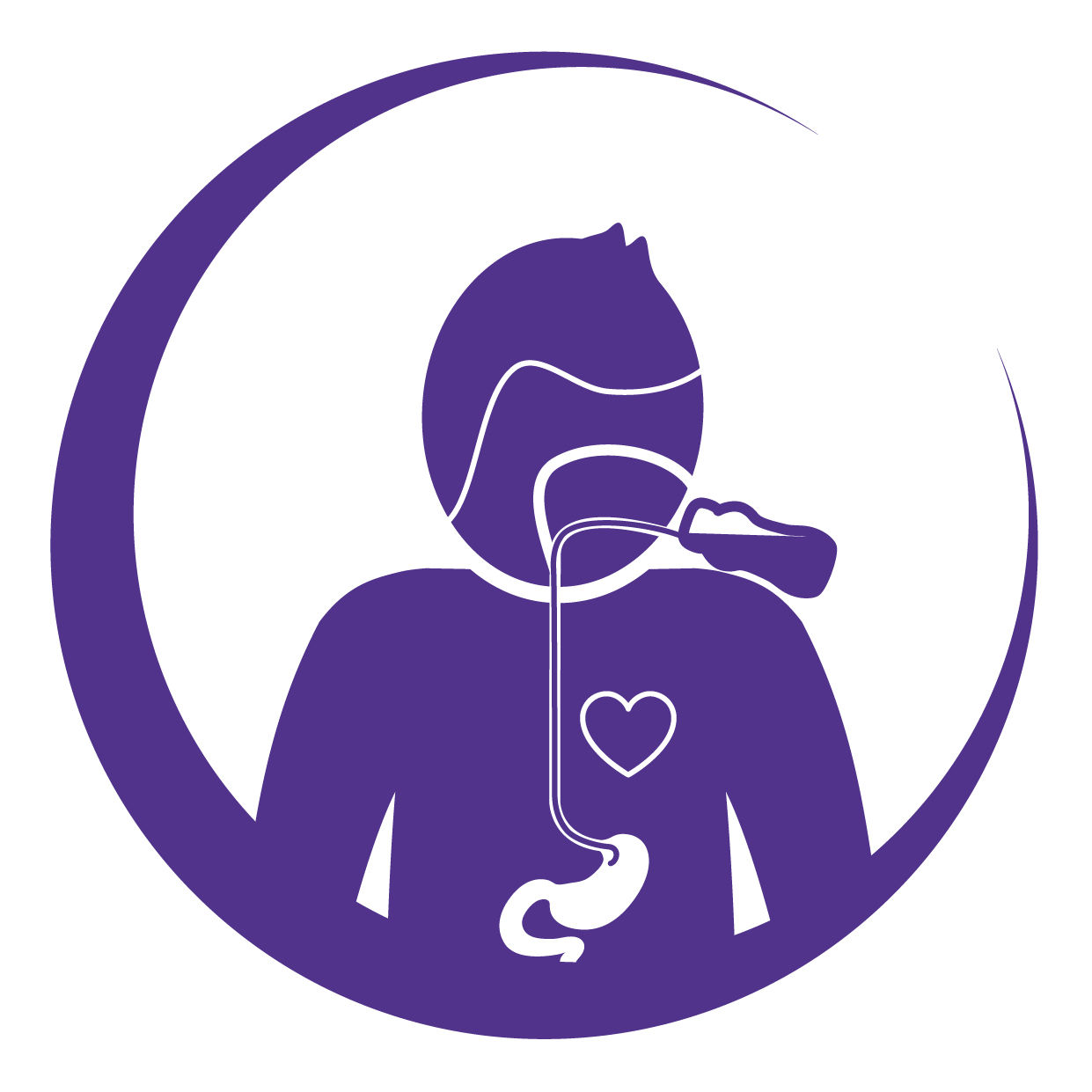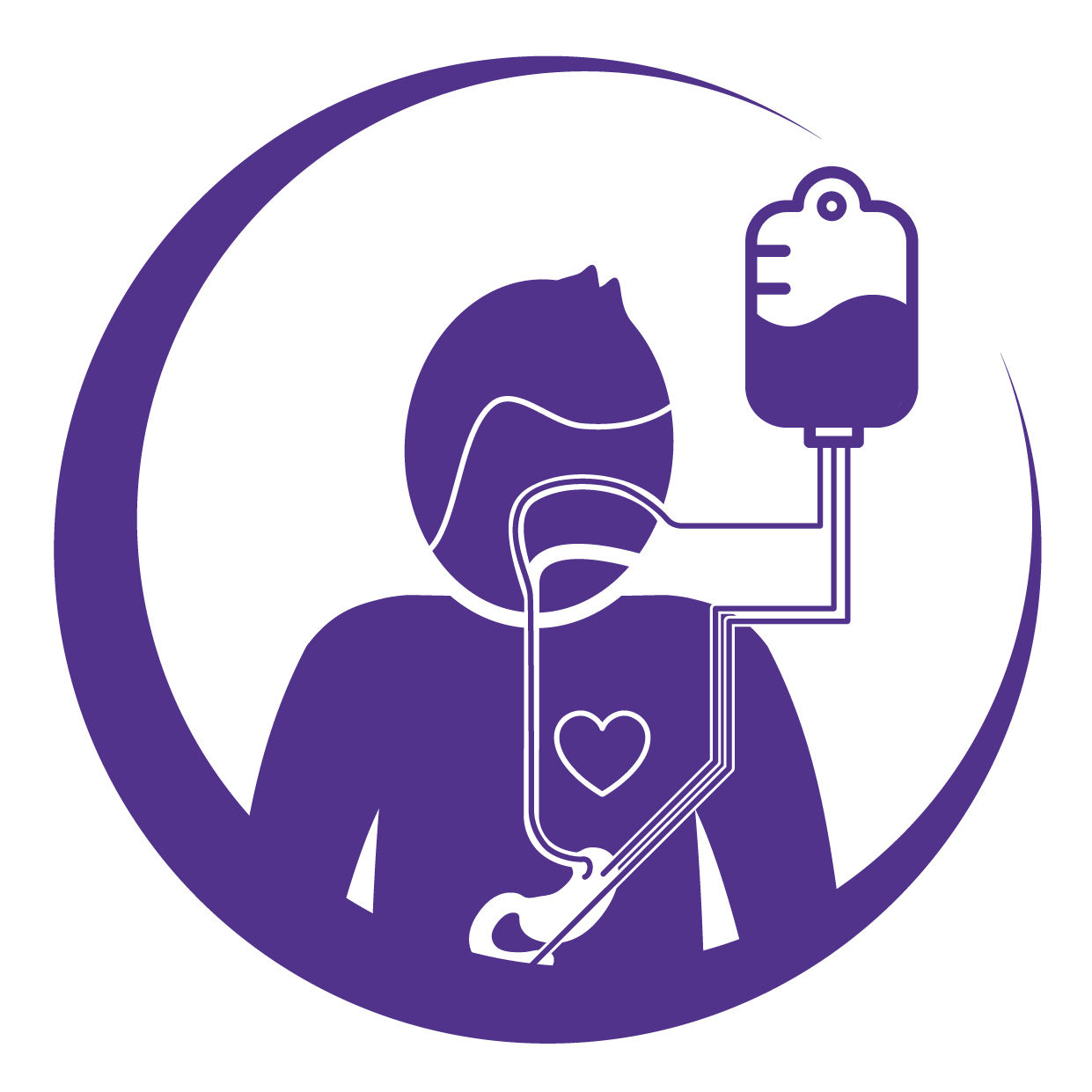What is medical nutrition
Medical nutrition is an effective way to help address nutritional insufficiencies, when patients are unable to meet their daily nutritional requirements with normal foods.
Used under medical supervision, medical nutrition is often a key part of treatment besides medication, surgery and/or diet and lifestyle. Medical nutrition can be either a short term or long-term solution, related to individual nutritional needs.
Who is medical nutrition for and why?
Illness can affect in many ways our ability to take in the nutrition we need. Loss of appetite, changes in taste or an inability to swallow are just a few examples that patients experience.10-12 Moreover, illness can lead to increased nutritional requirements.2
Medical nutrition can help patients of all ages address nutritional insufficiencies, including:
- from a condition or disease (for example epilepsy, cancer or Alzheimer’s disease)
- due to a genetic metabolic disorder or allergy in which case an essential nutrient is not tolerated or metabolized (for example cow’s milk allergy or PKU, an inherited metabolic disorder)
- due to the inability to eat or swallow (dysphagia or for example in ICU)
- from conditions of aging, such as weight loss, declining muscle mass (‘sarcopenia’) and frailty (reduced body strength)









